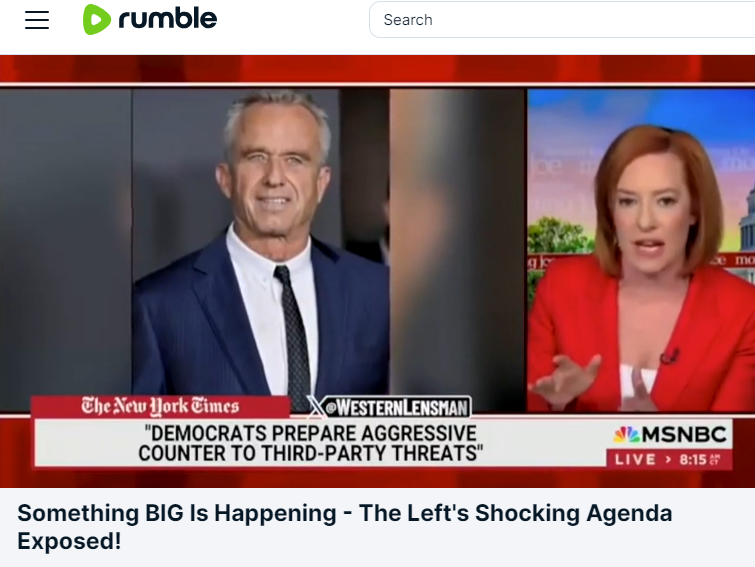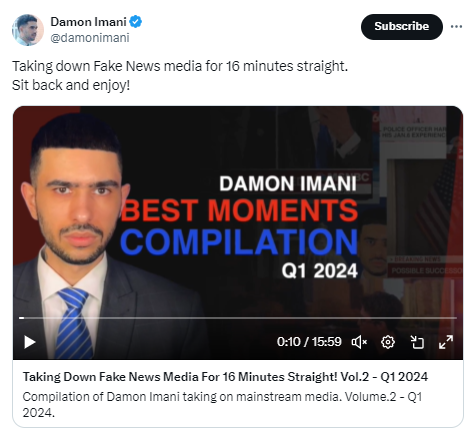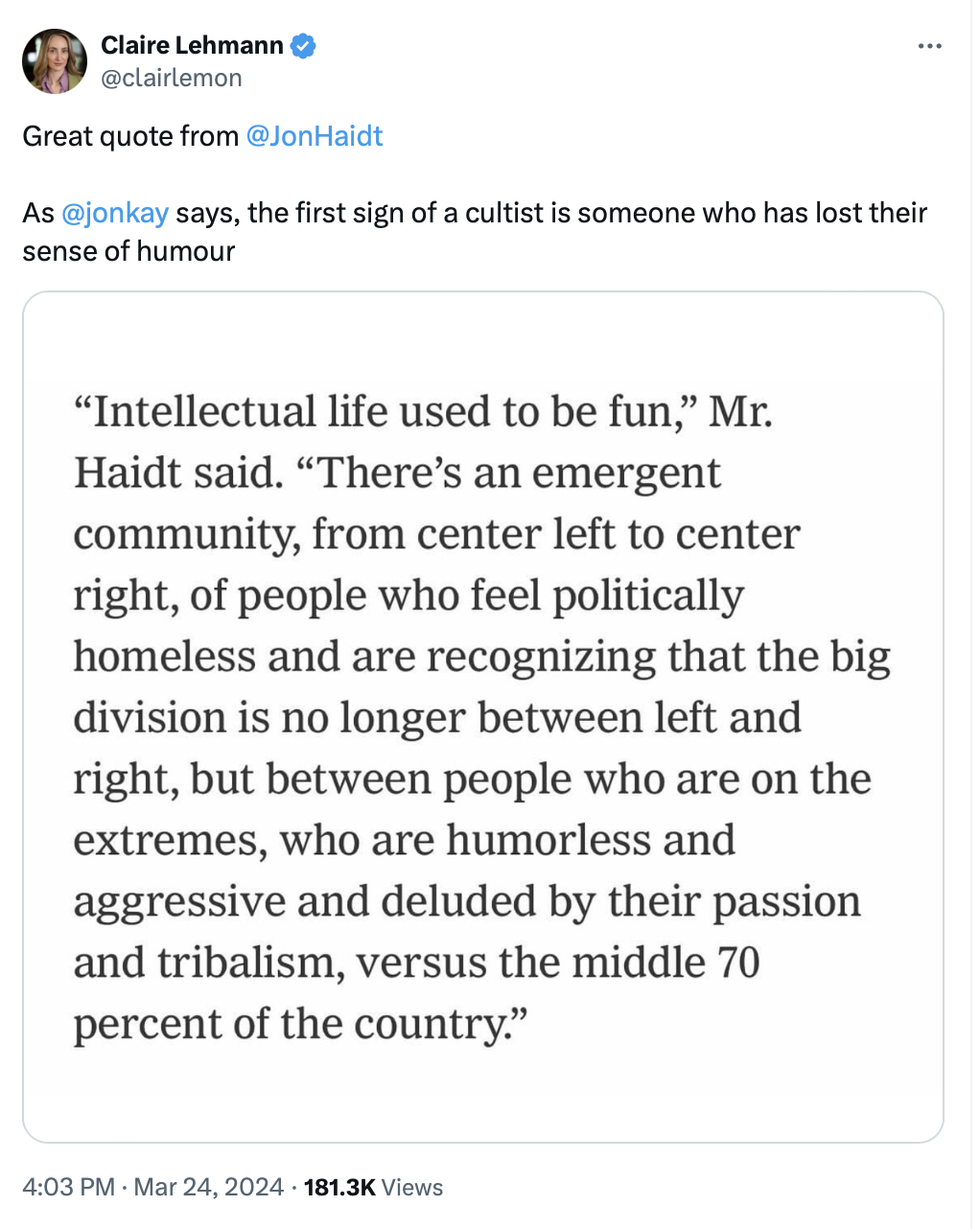The Overwhelming Power of Negation
Greg Lukianoff discusses Martin Gurri's Revolt of the Public. He focuses in on negation. As Greg discusses, It's easy to tear things down and it can be contagious as it becomes a badge of tribal membership to tear more and more things down. A big problem, however, is the concomitant violation of Chestson's Fence: Do tear something down until and unless you first know why it was there in the first place. What happens next is described by the law of unintended consequences. To me, these three principles seem to define the present age. Here's an excerpt from Lukinanoff's article, the byline of which is "Our media revolution has only been able to tear things down. We need to learn how to build."
Unfortunately, in its current state, this media revolution has only been able to tear things down: institutions, ideas, and yes, even people (a.k.a. Cancel Culture). This idea is what Gurri calls “negation.” Here’s Gurri explaining further:
“Negation” comes from Hegel’s dialectical logic ... In my terms, it’s the complete repudiation of the system by the public, usually expressed through some aborted form of protest.. . . Gurri shows how this phenomenon manifested itself in the 2011 Arab Spring, and how it has had ripple effects in Spain, Israel, and the American Occupy Wall Street movement. ... According to Gurri, this hopeless point of view amounted to a kind of nihilism in which nothing is proposed to replace what needs to be torn down:If you push the negation of the system far enough without any interest in providing an alternative, you arrive at the proposition that destruction by itself is a form of progress. ... You can see this nihilism in everything from “End the Fed,” to “abolish the police,” to Cancel Culture on both the right and the left — and to the absolute negation of all assumptions represented by QAnon and other conspiracy theories.
One thing must be said about the “crisis of authority” we find ourselves in due to the overwhelming power of negation: Very often, what critics have discovered is that our existing “knowledge” was based on some pretty thin evidence, bad assumptions, and sometimes not much more than the pieties of some elites. Understanding the crisis of authority as only being wrongfully destructive of expertise is to miss the fact that, frankly, we are often asking far too much of expertise and experts — and oversight itself has not been all that rigorous.
Negation is indeed tearing things down that really needed to be torn down. The problem is that it seems to be taking everything else with it.



